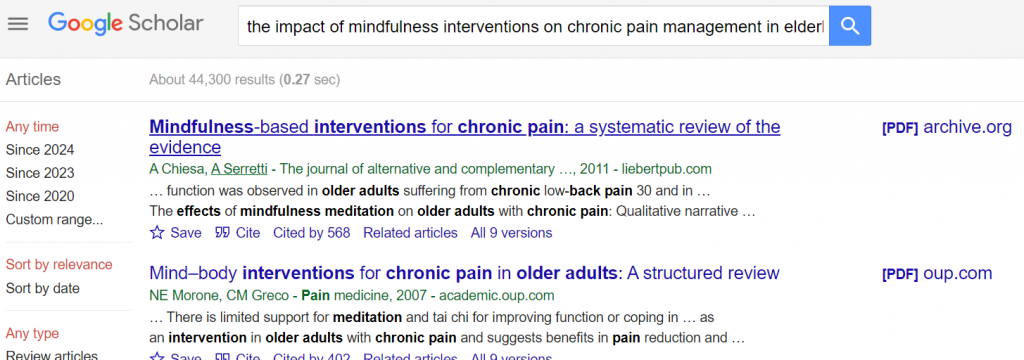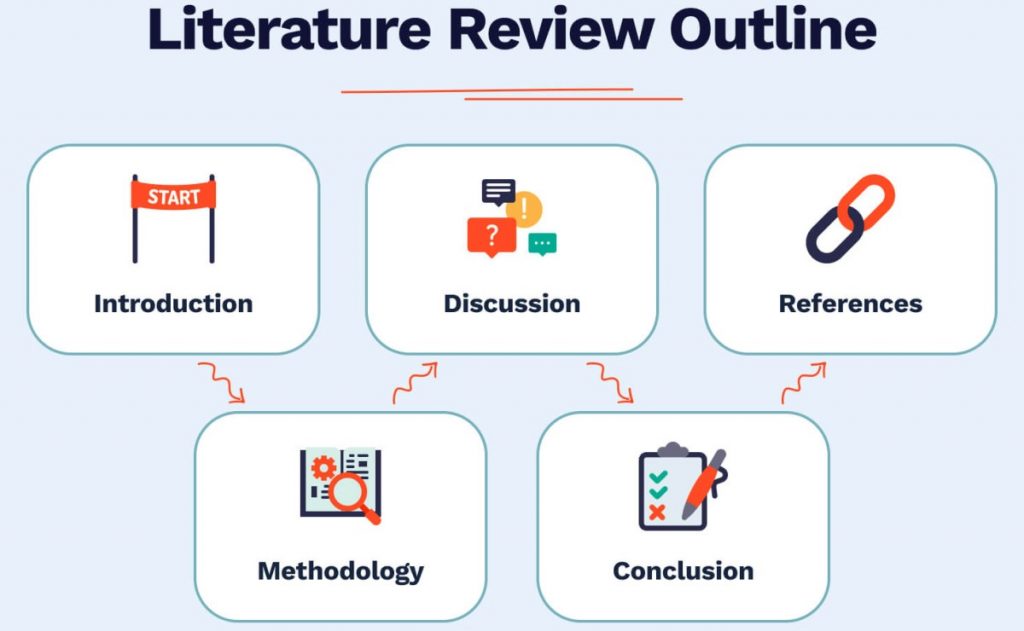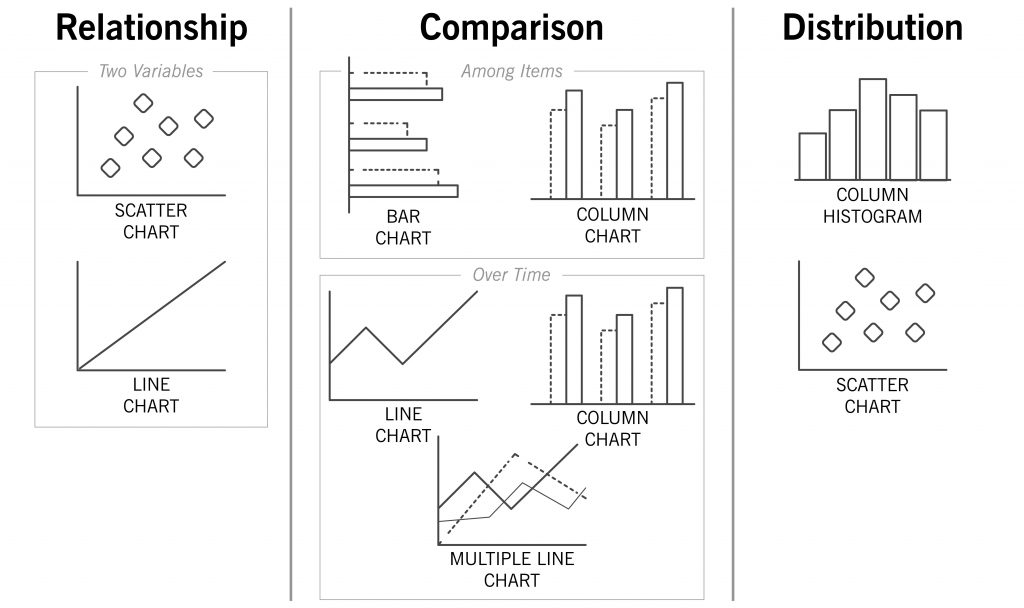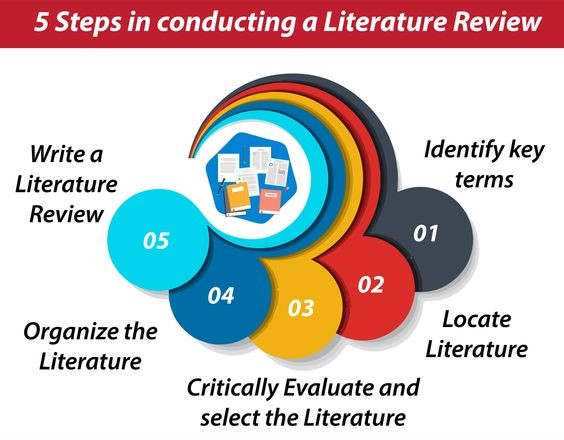The literature review, a cornerstone of any research paper, is often the most daunting part. For nurses, the task of sifting through mountains of research, identifying relevant studies, and synthesizing them into a coherent narrative can feel overwhelming. But fear not, fellow researchers! This article will guide you through the process of writing an engaging and impactful literature review for your nursing research paper.
Understanding the Purpose of a Literature Review
Before diving into the writing, it’s crucial to understand the purpose of a literature review for nursing research paper. It’s not just a list of summaries. Instead, it serves as a critical analysis of existing research that informs your study and adds to the body of knowledge in your chosen field. A well-crafted nursing paper literature review should:
- Identify the research problem: Clearly define the gap in knowledge or the unanswered question your research aims to address.
- Establish the theoretical framework: Connect your study to existing theories and frameworks in nursing research, providing a foundation for your investigation.
- Highlight relevant research findings: Present a concise overview of existing knowledge, focusing on findings directly relevant to your research question.
- Critique and synthesize the findings: Analyze the strengths and limitations of existing research, identifying areas for further exploration and potential biases.
- Identify future research directions: Conclude with a clear statement of the contribution your research will make and propose avenues for further investigation.
The Art of Crafting an Engaging Literature Review
1. Define Your Scope and Focus:
Begin by clearly defining the scope of your literature review for nursing research paper. Identify the specific keywords, concepts, and populations relevant to your research question. This will help you stay focused and avoid getting bogged down by irrelevant information. For example, if your research focuses on the impact of mindfulness interventions on chronic pain management in elderly patients, your nursing research paper literature review should center on research within that specific domain.
2. Conduct a Comprehensive Search:
Utilize various databases and search engines, such as CINAHL, Nursing Papers, PubMed, and Google Scholar, to identify relevant studies. Use a combination of keywords, Boolean operators (AND, OR, NOT), and filters to refine your search. Remember to explore both primary and secondary sources, including peer-reviewed articles, books, dissertations, and government reports.

3. Critical Appraisal: Beyond Summaries
Once you have gathered a significant body of research, it’s time to critically appraise each study. Analyze the methodology, research design, sample size, data analysis techniques, and findings. Consider the following questions:
- Is the research methodology sound and appropriate for the research question?
- Are the findings statistically significant and supported by the data?
- Are there any potential biases or limitations that could affect the validity of the findings?
- How do the findings relate to other research in the field?
4. Organizing Your Findings: The Building Blocks of a Strong Narrative
Structuring a research paper literature review is crucial for clarity and coherence. Several organizational approaches can be used:
- Chronological order: Present research chronologically, tracing the evolution of knowledge on the topic. This approach is useful for showcasing the historical development of a research area.
- Thematic order: Group studies based on themes or subtopics within your research question. This approach is effective when you have multiple facets to explore.
- Methodological order: Organize studies based on their research design, such as qualitative, quantitative, or mixed methods. This approach is particularly useful when examining the methodological evolution within a field.
5. Synthesizing the Findings: More Than a List of Studies
Your literature review for nursing research paper goes beyond simply summarizing each study. You must synthesize the findings, highlighting their strengths and limitations. Identify common themes, discrepancies, and areas of consensus among the research. Ask yourself:
- What are the key findings from this body of research?
- Are there any conflicting or contradictory findings?
- What are the limitations of the existing research?
- What are the implications of these findings for nursing practice?
6. Weaving a Compelling Narrative
Think of your literature review for nursing research paper as a story. Use transition words and phrases to seamlessly connect ideas, ensuring a smooth flow from one paragraph to the next. Employ clear language, avoid jargon, and use concise and direct sentences.
Key Elements of a Literature Review:
A literature review is a critical and comprehensive analysis of existing research on a specific topic. It provides an overview of what is known, what is unknown, and what are the potential directions for future research. Here are the key elements of a literature review:

Introduction:
- Define the topic: Clearly state the focus and scope of your review.
- State the purpose: Explain why this review is important and what you hope to achieve.
- Provide context: Briefly introduce the topic, highlighting its relevance and significance.
Body:
- Organize by theme, concept, or methodology: Group related studies together based on a clear and logical structure.
- Summarize and synthesize: Present a concise and objective summary of the key findings and arguments from each source. Avoid simply listing facts; instead, analyze and interpret them.
- Critically evaluate sources: Analyze the strengths and weaknesses of each study, considering its methodology, data, and conclusions.
- Identify gaps and inconsistencies: Highlight areas where there is limited research, conflicting findings, or areas requiring further investigation.
- Develop arguments: Use evidence from the literature to support your own arguments and perspectives.
Conclusion:
- Summarize key findings: Restate the main points and themes of the review.
- Identify areas for future research: Based on your analysis, suggest specific directions for future studies.
- Draw connections to the broader field: Discuss the implications of your findings for the wider research community or for practical applications.
References:
- Complete and accurate citations: Use a consistent referencing style (e.g., APA, MLA, Chicago).
- Include all sources cited in the text: Ensure that every source mentioned in the review is listed in the references.
By adhering to these key elements, you can create a comprehensive, informative, and impactful literature review that makes a valuable contribution to your field of study.
7. Emphasize the Significance and Relevance
Throughout your literature review for nursing research paper, emphasize the significance of the research for nursing practice and patient care. Connect the findings to real-world implications and highlight the potential for improving patient outcomes.
8. Embrace Visual Elements:
Visual elements, such as tables and figures, can be valuable tools for presenting complex data and highlighting key findings. Use them strategically to break up the text and enhance the visual appeal of your literature review for nursing research paper.

9. Don’t Forget the Conclusion
The conclusion of your literature review for nursing research paper is your opportunity to synthesize the key findings, reiterate the research problem, and highlight the contribution of your research. Clearly state the gap in knowledge your study aims to address and reiterate the importance of your research question.
10. Critical Self-Reflection: Revising and Polishing Your Work
Once you’ve completed the first draft, it’s essential to critically review your work. Ask yourself:
- Is the literature review well-organized and clearly written?
- Does it flow logically and effectively convey the key findings?
- Have you adequately addressed the strengths and limitations of the existing research?
- Have you clearly identified the contribution your research will make to the field?
11. Seek Feedback from Trusted Sources
Share your literature review for nursing research paper with colleagues, mentors, or peers. Their feedback can help you identify areas for improvement and ensure your work is comprehensive, clear, and engaging.
12. The Importance of Ethical Considerations in Nursing Research
Ethical considerations are paramount in nursing research. Ensure you acknowledge the ethical implications of the research you are reviewing and discuss any ethical concerns raised by the studies you have analyzed.
13. Navigating the Challenges of a Literature Review for Nursing Research Paper
Writing a literature review for nursing research paper can be challenging. Here are some common hurdles and tips to overcome them:
- Information Overload: Use effective search strategies to identify only relevant studies.
- Finding the Right Balance: Don’t simply list summaries. Critically analyze and synthesize the findings, highlighting their strengths and limitations.
- Avoiding Plagiarism: Always cite your sources carefully and avoid plagiarizing.
- Keeping it Concise: Be selective with your sources and prioritize the most relevant findings.
14. Examples of Literature Review for Nursing Research Paper Topics
To inspire your own research, here are some examples of literature review for nursing research paper topics:
- The impact of telehealth on patient satisfaction and healthcare utilization in rural communities.
- The effectiveness of mindfulness-based interventions for reducing stress and anxiety in nurses.
- The role of cultural competency in promoting equitable healthcare access for minority populations.
- The influence of technology on the nurse-patient relationship.
- The impact of social determinants of health on patient outcomes.
15. Embracing the Journey of Writing a Literature Review for Nursing Research Paper
Writing a compelling literature review for nursing research paper is an iterative process. Expect to revise and refine your work multiple times as you learn and grow as a researcher. Embrace the challenges, hone your critical thinking skills, and contribute to the advancement of knowledge in your field.
16. The Power of Literature Review for Nursing Research Paper
A well-crafted literature review for nursing research paper is a powerful tool. It can:
- Inform your research question and hypothesis: By understanding the existing knowledge, you can refine your research question and develop a hypothesis that addresses a significant gap in the field.
- Enhance the rigor and credibility of your research: A thorough literature review demonstrates your understanding of the topic and adds weight to your study’s findings.
- Provide a foundation for future research: By identifying limitations in existing research, you can suggest avenues for further investigation and contribute to the development of new knowledge.
17. Embrace the Impact: Your Contribution to the Field of Nursing Research
Your literature review for nursing research paper is an opportunity to contribute to the ever-evolving field of nursing research. By meticulously reviewing existing knowledge, synthesizing findings, and identifying areas for further investigation, you play a vital role in advancing nursing science and improving patient care. Remember, your research matters.

In conclusion, writing an engaging nursing research paper literature review requires careful planning, meticulous research, critical analysis, and a clear and concise writing style. By following these guidelines, you can create a compelling narrative that informs your research, contributes to the body of knowledge, and enhances the impact of your work.
Get Professional Help with Literature Review for Nursing Research Paper
Are you stuck with writing a literature review for nursing research paper? Then, engage Exemplary Dissertations for professional assistance. We can help you with topic suggestion, literature review writing, proof reading, editing and plagiarism removal. Besides, our writers can also assist you in writing original nursing research papers, essays, case studies and dissertations.

